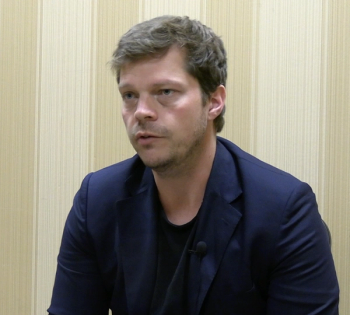
Thermo Fisher to Be Premier Sponsor of the APA Conference in India
Thermo Fisher Scientific, Inc. will be the premier sponsor for the inaugural Applied Pharmaceutical Analysis (APA) conference to be hosted in India.
Thermo Fisher Scientific, Inc. will be the premier sponsor for the inaugural Applied Pharmaceutical Analysis (APA) conference to be hosted in India. The conference will showcase the latest pharmaceutical research and development technologies and will feature topics in discovery and regulated bioanalysis, biotransformation, and process chemistry. The conference will be held at the Hyderabad International Convention Centre in Hyderabad, India, February 21 - 24, 2010."We are excited to be an integral part of such an important conference which will bring together the scientific communities and technologies from around the world to advance pharmaceutical research and development on a global scale. These collaborations will enable us to continually address the challenges faced by the pharmaceutical industry today, as well as anticipate and prepare for the needs of the future," states Koos van der Steuijt, country leader at Thermo Fisher Scientific in Mumbai, India.
Thermo Fisher will feature several new systems, including their newest LIMS offering, which they report will enable direct data acquisition, peak integration and re-integration, storage, archiving, and reporting of raw data. Their market for the systems is top 20 pharmaceutical companies as well as leading clinical research organizations (CROs) worldwide.
Newsletter
Get essential updates on the latest spectroscopy technologies, regulatory standards, and best practices—subscribe today to Spectroscopy.




